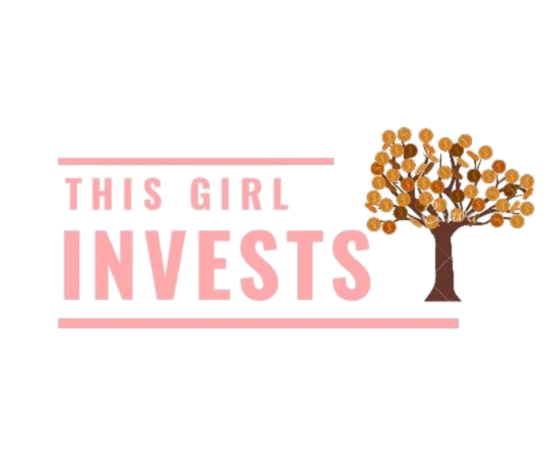4 things to know before buying your first home
Owning a home.. it’s a dream a lot of us have in the UK. It is seen as a big milestone and can conjure all sorts of emotions from - anxiousness to excitement!
I recently started looking for a house and have learnt a thing or two along the way, so below are my 4 things to know before buying your first home:-
(i) Know your non-negotiables
These are the things you will NEED in a property, rather than WANT. For example, for me personally it was:
toilet upstairs (not downstairs)
garden space
parking space
walking distance to a station
Having this clarity really helped because it meant I could benchmark each property against the other using these metrics! Trust me - very quickly, you’ll forget which property is which because you’ll spend so much time seeing so many different properties. Many of them won’t feel right, but when you see the right one - you know. Maybe you still don’t know what you need vs what you want. In that case, i’d suggest going to see a few properties and trust me, you’ll start forming an opinion pretty soon! :) I found it really helpful to keep a ‘tracker’ with the above non-negotiable as column titles - each column was as follows: property details, estate agent details, asking price, sq footage, price per sq m, viewing booked?, time of the viewing, opinions, next steps . Having this set up made the process SO much easier! :) I’ve saved a version of the tracker in the ‘Free resources’ section of the website.
(ii) Know your budget
There is nothing worse than putting down an offer on a property, having the seller agree to your offer only to find out that your mortgage application will not go through because you didn’t pass the ‘affordability’ test! It is so key to know how much lenders would be willing to give you - now, lenders are a key piece of the puzzle because they help bridge the gap between the price of the item you’re trying to buy (in this case the house) and how much money you actually have (in this case the deposit). The gap can’t be too wide - or they won’t lend. This is known as the ‘loan to value’ - most banks tend to lend between 85-95% loan to value - which means 95% of the property value is paid via the loan and 5% is the deposit you put down. For example, if you want to buy a property worth £500,000 - you’d need a deposit of £25,000. The more deposit you put down, the lower your loan to value - the better and more likely banks will lend to you. So - how do you find out your budget? I’d start by reaching out to a high street bank first to see approximate figures which they can tell you quite easily - or check our their websites. Once you get closer to finding the right property, i’d reach out to a mortgage broker - some are free and get commission from the lender and some charge. An average price is £500 - anyone charging you 1% of the mortgage is overcharging!! The job of the mortgage broker is to find you the best mortgage out there as they use a platform to calculate and compare what is best for you.
(iii) Location, location, location
Everyone says this all the time but seriously! you can change the interiors over the next 10-20 years but the outside? nuh-uh! that’s a tough one so make sure you’re happy with it, the transport links, the neighbours, the local amenities, the ‘vibe’ - these things matter. I’d check it out during the day and the night as things can be so different. I’d also look at properties that have recently sold around the area to get an idea of what is the average home in the area you’d like to live in.
(iv) Get your A team
I can’t begin to explain how important it is to align with your solicitor and mortgage broker as your offer gets accepted. Having a good solicitor and mortgage broker can save you a lot of money and stress! The solicitor will carry out several ‘checks’ - checks around the property, money laundering checks, etc. and will liaise with the seller’s solicitor to push forward the purchase. Keep them close to you :) You will also need a ‘surveyor’ who will check the status of the property and provide a report, which details out how the property is structurally and where you may need to pay for repairs and how much it would cost. Make sure your surveyor is RICS certified - that is the highest standard there is. These are the people you will be liasing with between getting a property offer agreed and actually getting the keys - it’s a journey, so pace yourself but think of yourself as the ‘project manager’ making sure all these different people do what they need to.
Oh, and don’t forget to check that your solicitor is part of the ‘panel’ of the lender you are going to get the mortgage with. Don’t pay the solicitor any fees until the mortgage broker has confirmed which lender it will submit the mortgage application to.
